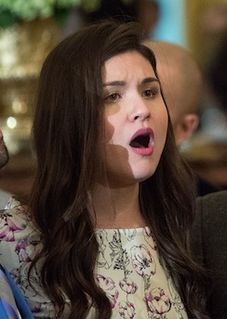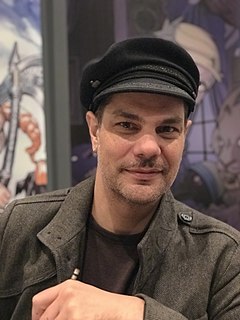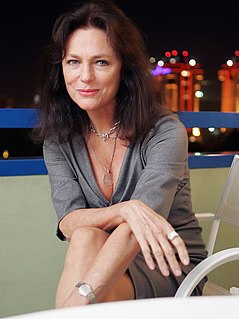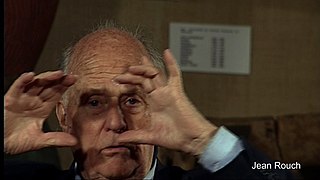A Quote by Robert Greene
There's a real tension between it being a collaborative art process, which is almost like performance art of yourself, and, as we talk about the movie, it's kind of a mix between melodrama and cinéma vérité. This involves ideas about playing the role of yourself and the movie of your life and all these other things.
Related Quotes
What I find difficult about photo shoots is the line between playing a character - you're being asked by the photographer to take on a role like you would in a movie - and being a fancier version of yourself. It's about finding that line between being spontaneous and open to direction, but also trying to explain to photographers that the "me" is often taken out of context because it has all of this other stuff attached to it.
It's so hard for people to give up their cell phones or their ideas of being connected to everything all the time in order to get an immersive experience. That's the best way to make art. It's almost like you have to treat it like you're going into a submarine, and Noah Baumbach totally agrees with that. There's not a real other life that happens outside of the movie while it's being shot, which I like.
Some of the best art in the world is collaborative, a mix of voices that are stronger together than separate. Take the Beatles, for example. Or every great movie ever made. We like to say they're the director's vision, but really, they're huge collaborations between directors, writers, actors, even producers.
The great thing about cinema is that it's a great binder. It brings people from across the world together, often erasing the lines between geographies, languages, familiarity, and the like. Cinema is art and art, they say, is a reflection of life and society, so the way we tell our stories is the main differentiator for me.
Cinema is a kind of pan-art. It can use, incorporate, engulf virtually any other art: the novel, poetry, theater, painting, sculpture, dance, music, architecture. Unlike opera, which is a (virtually) frozen art form, the cinema is and has been a fruitfully conservative medium of ideas and styles of emotions.
I look at the human sciences as poetic sciences in which there is no objectivity, and I see film as not being objective, and cinema verite as a cinema of lies that depends on the art of telling yourself lies. If you’re a good storyteller then the lie is more true than reality, and if you’re a bad one, the truth is worse than a half lie.







































